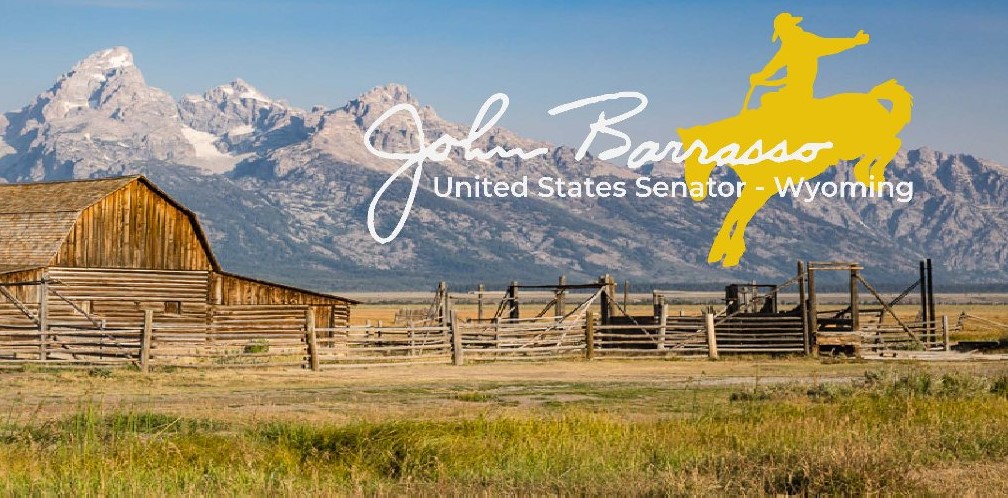Source: United States Senator for Wyoming John Barrasso
WASHINGTON, DC – Today, U.S. Senator John Barrasso (R-Wyo.), ranking member of the Senate Committee on Energy and Natural Resources, and U.S. Senator Angus King (I-Maine), chair of the Senate National Parks Subcommittee, introduced legislation to increase broadband and cellular service at U.S. National Parks.
The Connect Our Parks Act will direct each National Park to assess where broadband service is needed and develop a plan to increase access to internet and cellular service. Increased cellular access inside our Parks is a crucial component of public safety. Further, broadband access has been identified as a barrier to hiring and retaining qualified employees for the National Park Service, a current crisis within the agency.
“Wyoming is home to the most incredible national parks in the country,” said Senator Barrasso. “Our national parks host millions of visitors and employees every year. We want to make sure everyone in the park has access to life-saving emergency services. The Connect Our Parks Act will provide Park Rangers, employees, and visitors with high-speed, reliable broadband to keep our parks safe and accessible at all times.”
“America’s National Parks provide great opportunities to enjoy nature, but when emergencies happen, visitors should have modern connections to receive help,” said Senator King, chair of the Senate National Parks Subcommittee. “The Connect Our Parks Act is a commonsense effort to improve access to emergency services, assist Park Rangers responding to crises, and expand growing digital services like park navigation. I appreciate Senator Barrasso’s leadership on this issue and look forward to our continued partnership to improve America’s great outdoors.”
Cosponsors of this bill include U.S. Senators Cynthia Lummis (R-Wyo.), Mike Lee (R-Utah), and Cindy Hyde-Smith (R-Miss.).
This Connect Our Parks Act specifically:
- Directs each of the National Parks to assess where service, both internet service and cellular service, is lacking within the park.
- For broadband, areas of study should include housing, administrative facilities and related structures, and campgrounds.
- For cellular service, areas should be identified that would increase the public’s access to emergency services and would increase the communications capabilities of Park Rangers.
- Requires each park to develop a plan to increase broadband and cellular service based on the results of the assessment.
- Requires the plan to provide minimal disruptions to viewsheds, land, and wildlife.
- Requires each park to utilize public-private partnerships to install and provide the telecommunications service.
- Requires parks to consult with relevant stakeholders, plan in a technology-neutral way, and provide a minimum internet service speed of 100/20 Mbps.
Full text of the legislation can be found here.
###
